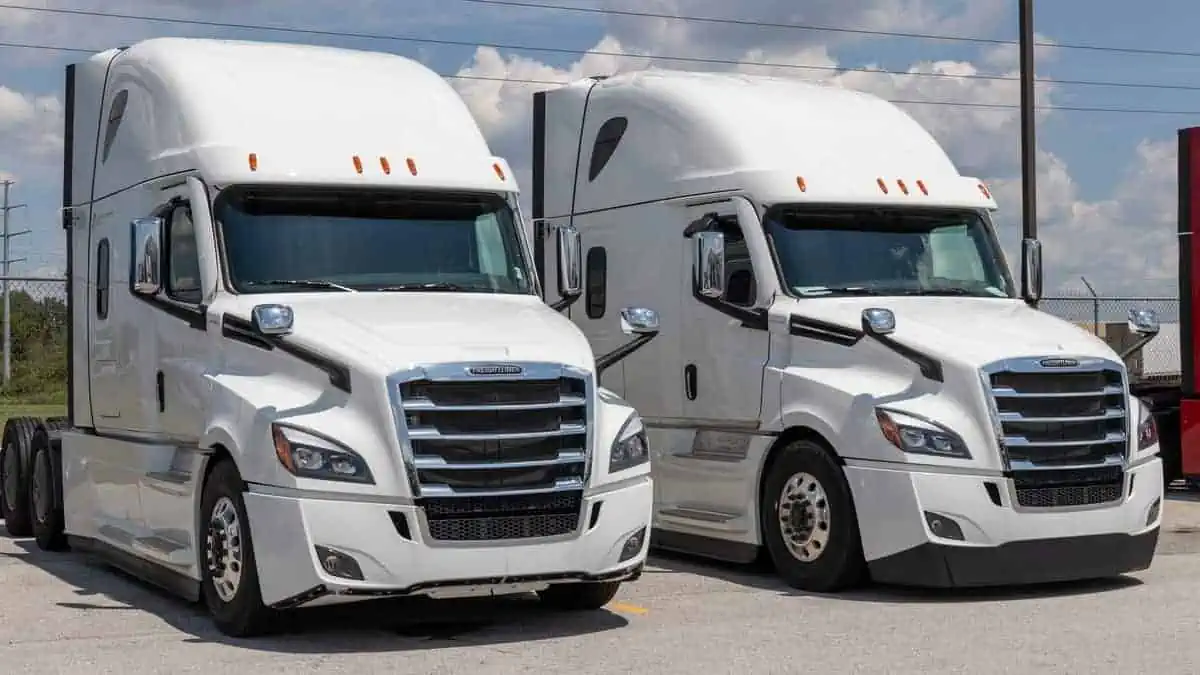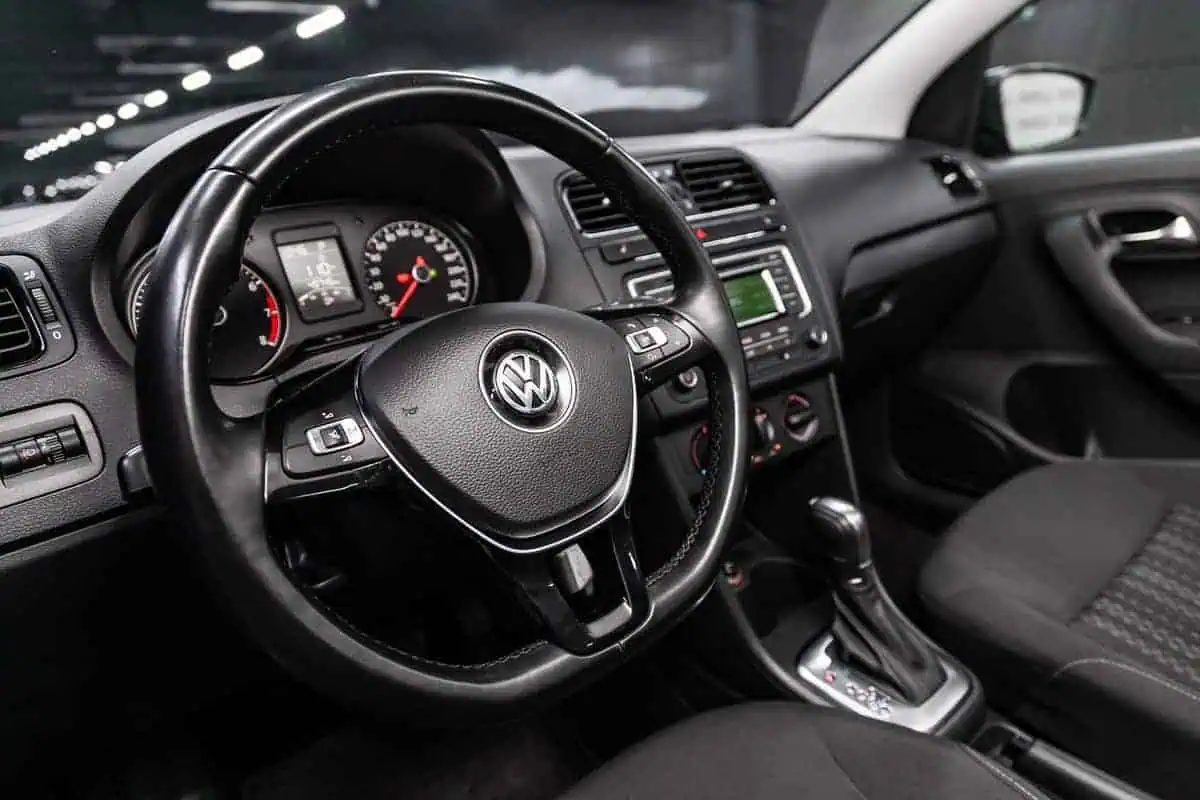Daimler Truck North America, the German commercial automaker, has just announced the new partnership it formed with battery recycling company Li-Cycle on Thursday.
DTNA inks deal with Li-Cycle to recycle EV batteries
According to the press release, DTNA and Li-Cycle seek to establish a comprehensive circular economy throughout the electric truck maker’s operations to cut carbon footprint.
Li-Cycle will closely work together with DTNA to recycle the latter’s li-ion batteries that have already achieved the end of their life cycle. They will focus on “repairing, remanufacturing, repurposing, and recycling” li-ion battery materials.
The partnership is a crucial part of DTNA’s efforts to maximize electric vehicle battery lifespans and diminish material waste. In effect, the company can combat environmental issues worldwide.
“We are proud to partner with companies such as DTNA to support their sustainability and carbon reduction goals. Our environmentally friendly and safe recycling technologies can recover critical materials to help create a domestic closed-loop battery supply chain, giving new life to these battery materials and helping power the world’s transition to clean energy.”
Ajay Kochhar, Li-Cycle President and CEO
Partnership advantages
With the new partnership with Li-Cycle, DTNA moves forward to ensure that its electric trucks generate a lower carbon footprint throughout their entire lifecycle.
Li-Cycle’s battery recycling approach enables DTNA to use these recycled materials for battery production rather than mining new minerals, creating a more sustainable closed-loop system.
It also reduces the need to dispose of used EV batteries, which can be dangerous if not handled properly.
Li-Cycle’s four pre-processing facilities dubbed “Spokes” are already online in different locations in North America, including Kingston, Ontario; Rochester, New York; Gilbert, Arizona; and Tuscaloosa, Alabama. The Spokes produce an intermediate product called “black mass,” consisting of critical battery materials like lithium, nickel, and cobalt.
The company aims to process the black mass at its future “Hub” facilities into battery-grade end products for potential reuse. However, it announced in October last year that the development of its flagship Hub battery recycling facility in Rochester was suspended to undergo review over liquidity issues.
Growing focus on sustainability in the electric truck market
DTNA and Li-Cycle’s battery recycling partnership demonstrates the growing focus on sustainability in the electric truck industry.
It shows the companies’ dedication to addressing environmental concerns through employing responsible practices. It also highlights the importance of a closed-loop system for electric vehicle battery materials.
DTNA reduces waste and their reliance on mining by recovering and recycling critical battery minerals. It could potentially encourage other industry players to invest in similar technologies, accelerating the adoption of efficient recycling strategies.






